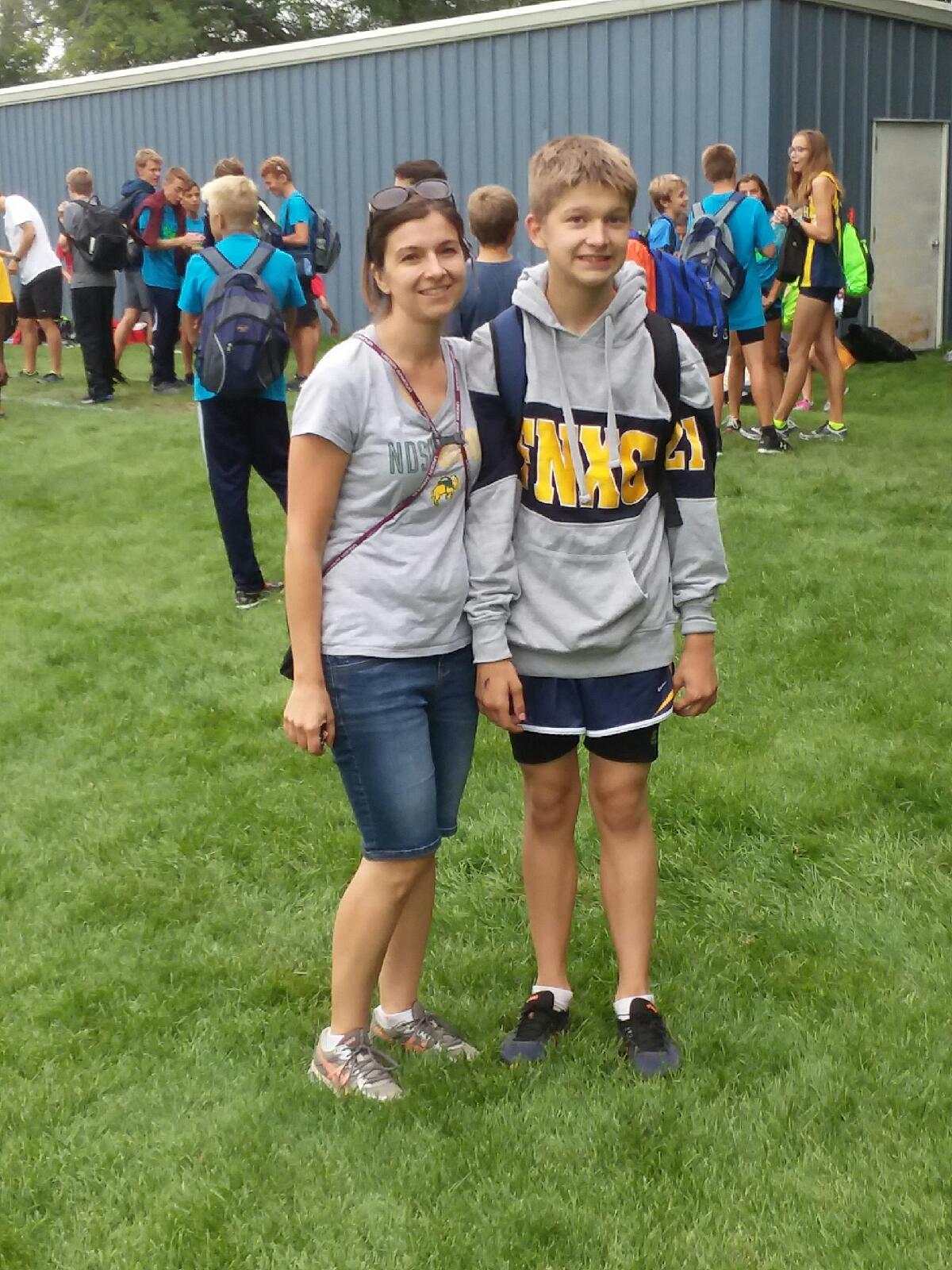
No, he’s not like Sheldon, Max, or Sam
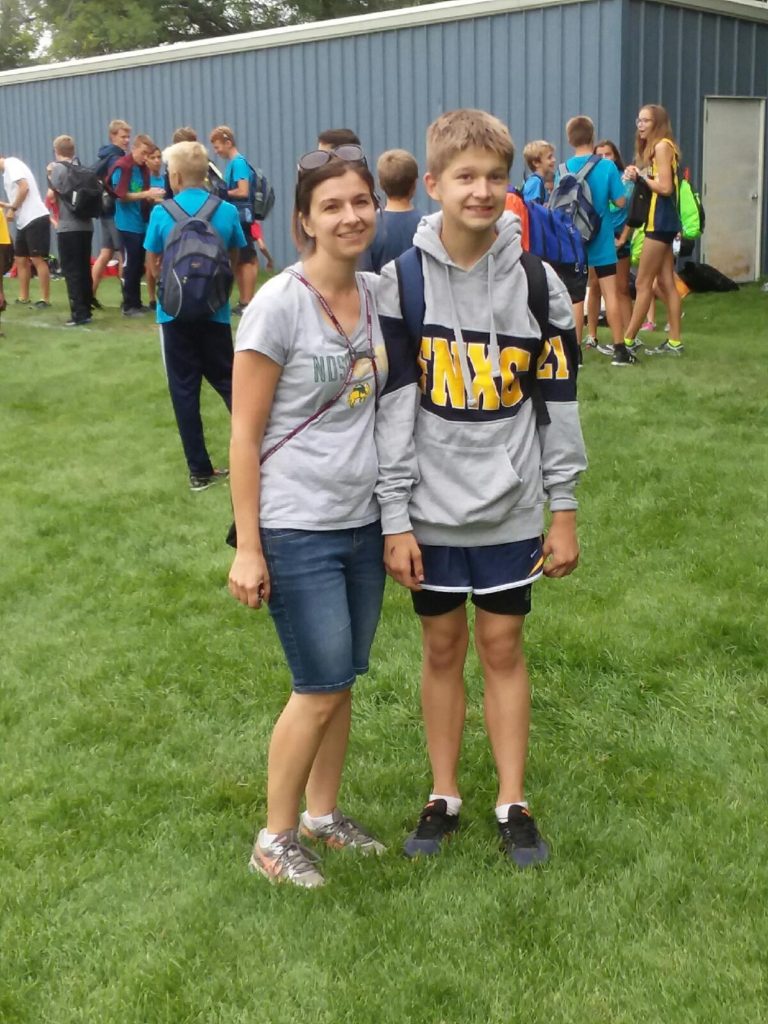 In some ways, I think immigrating to the United States as a 16 years old prepared for being a parent of a child with autism. Being an immigrant was one of the hardest adjustments of my life. I had a complete identity crisis. I didn’t know where I fit in at my new school and home and I felt so different from everyone else. Suddenly, I was living in a place where people didn’t have the same background or shared cultural experiences as me (you might be thinking “Canadians are practically Americans though”–and there are some similarities. But they’re a lot of differences) and I missed those little comforts like seeing hockey highlights on the evening news or even seeing NHL scores in the local paper (this was, of course, before the real Internet) or people knowing what my favourite comfort foods were (and not being able to get them anywhere), or favourite children’s TV shows and folk songs. And because I assumed Americans were just like Canadians (and Americans thought Canadians were just like them), it exasperated the misunderstandings and the loneliness of starting the last two years of high school in a different country.
In some ways, I think immigrating to the United States as a 16 years old prepared for being a parent of a child with autism. Being an immigrant was one of the hardest adjustments of my life. I had a complete identity crisis. I didn’t know where I fit in at my new school and home and I felt so different from everyone else. Suddenly, I was living in a place where people didn’t have the same background or shared cultural experiences as me (you might be thinking “Canadians are practically Americans though”–and there are some similarities. But they’re a lot of differences) and I missed those little comforts like seeing hockey highlights on the evening news or even seeing NHL scores in the local paper (this was, of course, before the real Internet) or people knowing what my favourite comfort foods were (and not being able to get them anywhere), or favourite children’s TV shows and folk songs. And because I assumed Americans were just like Canadians (and Americans thought Canadians were just like them), it exasperated the misunderstandings and the loneliness of starting the last two years of high school in a different country.
My mom registered me in my new high school just a few weeks before school started. I remember one of the principals giving me an orientation. I remember being shocked and confused that band was outside and involved walking around in costumes while playing an instrument. I remember the big argument my mum had with my counselor over transferring my marks (aka grades) to my new school and how they were going to “convert” them. In my Canadian high school, 50% was a passing mark. In my new US school, a 60% was a pass. At my Canadian school you had to be a freaking exceptional genius to have a 95% weighted average. At this American school, 95% were average marks for a large group of well-performing students. It was those little (big) differences that were just the introduction of how my life in the US was going to be different from the one I was used to in Canada.
I hadn’t been in the US for a month yet, but I felt like I had already disappointed a few of my teachers because I didn’t look like the Canadian they thought I should be. It was those first few days with my physiology teacher that had me doubting if I was a “real Canadian.” He pulled me aside and told me not to worry, because he had a Canadian student once before. She was from Quebec, and she took down all of her notes in French and that it was 100% alright with him if I took down all of my notes in French. I’d taken French since grade 4, but there was no way I was proficient enough to take down Latin based terms and provide their explanations in French as I’m learning the Latin based words for the first time. I was from Western Canada. I wasn’t bilingual. French wasn’t my first language. But for the first class I tried to try to take notes in French because apparently that’s what Canadian students living in the US do and it seemed that was what my teacher expected from me. I thought my brain was going to explode so I went back to writing my notes in English. My teacher pulled me aside a few weeks later and asked me why I wasn’t writing my notes in French. He was completely disappointed in my lack of French fluency (although he couldn’t read French himself). I wasn’t the Canadian student he expected and I felt like a complete Canadian failure.
I get those same experiences being a parent of an autistic kid, trying to interact with the people in the non-autism world who meet J or autism for the first time. I get those identity crisis moments. People expecting J to be a brilliant savant or to be obsessed with trains or Lego. People ask me what J’s special “power” is–“Can he memorize the telephone book?” “He’s got to be an off the charts math genius doesn’t he?” or “He’s got to be an amazing artist?” or “He must be able to learn languages really quickly” “He must be SO musical. I once saw this incredible autistic musician perform.” Because people see those stories all the time on TV or in the movies, they see the brilliant autism. The superhuman autism. And that’s their only experience with autism and they’re expecting J top have that kind of autism, when J is just plain old middle of the spectrum autism. It’s like they want to see the Quebecois, French speaking/note-taking Canadian when the Canadian is just a plain old English speaking girl from Alberta.
I’ve been thinking a lot about this recently, because I’ve seen trailers for “The Good Doctor” (aka the autism doctor show) and “Young Sheldon” (Big Bang spinoff) advertised on TV. And while I love the idea of autism being portrayed more and more in TV and movies, I hold my breath at the same time. There’s a lot of autism characters out there now: Sheldon (Big Bang), Max (Parenthood), Sam (Atypical), Jake (Touch), and while these shows bring great awareness to autism, they can also bring a lot of misconceptions and stereotypes. Sort of like all the Canadians characters you see on TV. And while these autistic characters make great entertainment (comedy and drama), they also make me feel in some ways that J isn’t the “right kind of autism.” It makes me wish he were a savant. It makes me wish he were higher functioning. Because high functioning Asperger and savant characters are the pictures of autism celebrated on television. It’s that TV autism people expect from J when they meet him for the first time. TV autism is a good, acceptable autism, and J isn’t TV autism.
https://www.youtube.com/watch?v=KhxKEg-IBBo
It took me a few years of living in the States to realize that even though I didn’t meet every single person’s picture of what a “true Canadian” looked like, didn’t make me a bad Canadian. I grew up with Ukrainian Canadians, Chinese Canadians, even American Canadians and we were all Canadian and completely different individuals. If you’ve met one person from Canada, you’ve met one person from Canada. No, we’re not all like “Jimmy, Sally, or Susie” you know from Canada. We’re all a different type of Canadian.
The same thing works with autism. If you know one person with autism, you know one person from autism. And even though they’re not like “Sheldon, Max, or Sam,” I’m pretty certain they’re type of autism is going to be just as interesting too.


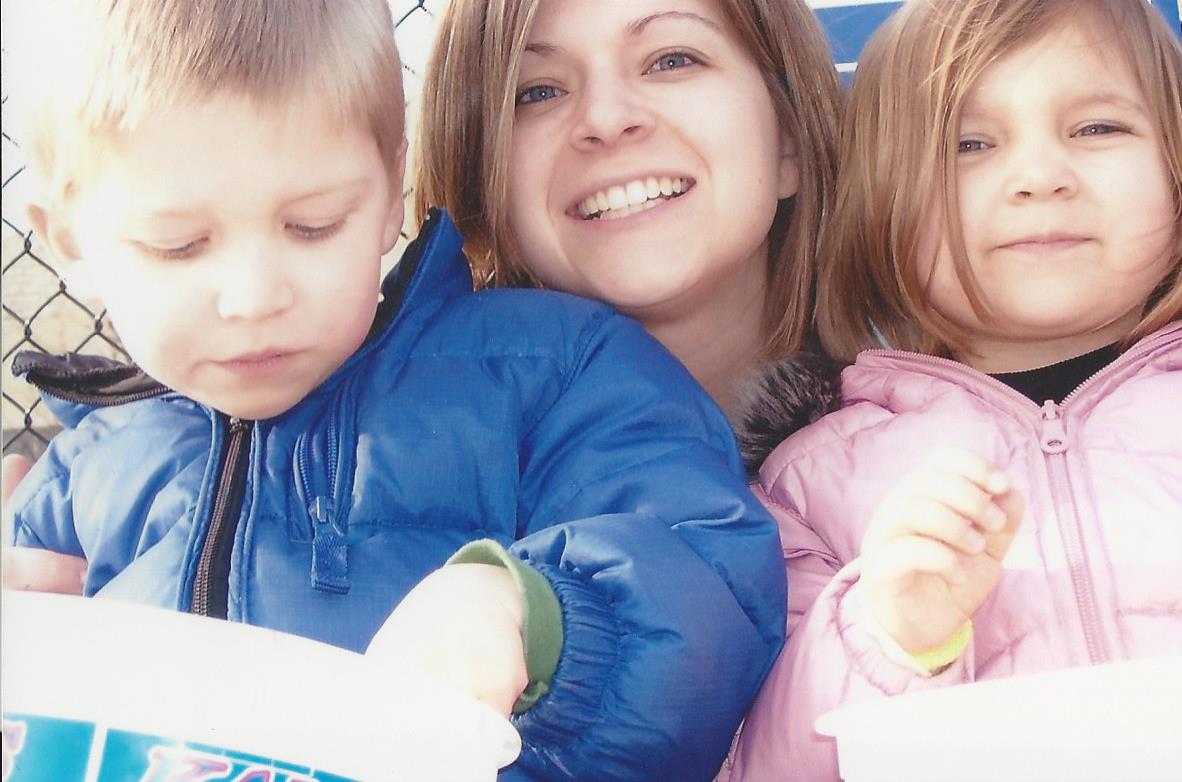
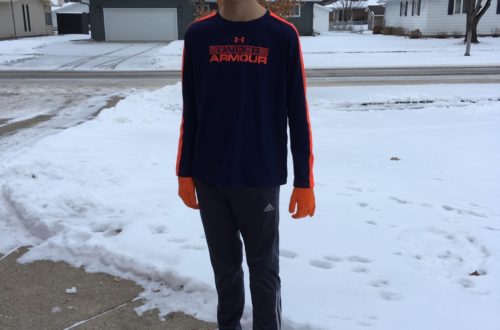
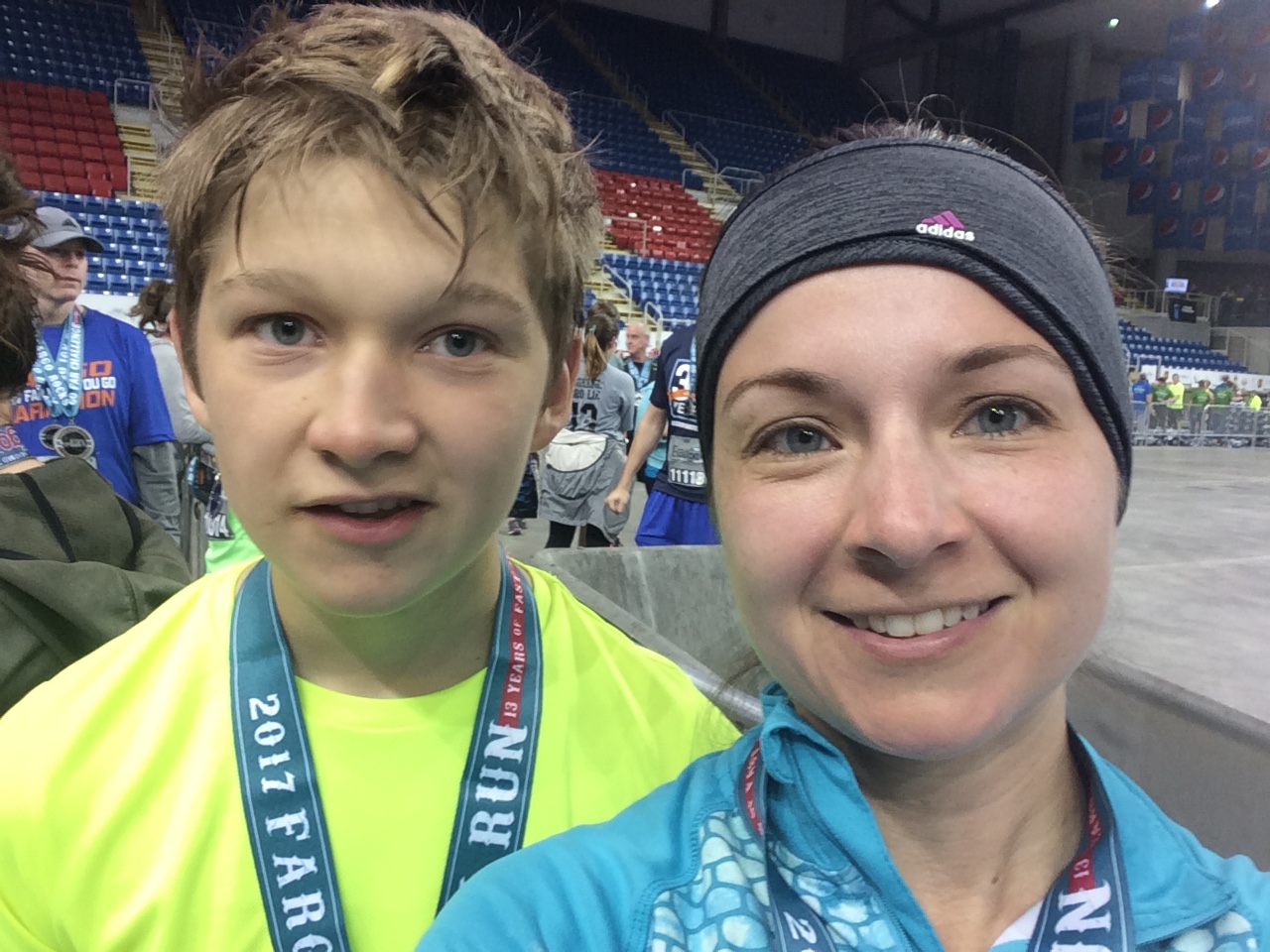
2 Comments
heidi simpson
I’m still mad at my MIL for telling me she knows about autism because she watches Sheldon on big bang theory. It’s been many years and I need to get over it but it’s frustrating when a highly educated person(OR nurse/masters in education) glosses over the actual human and the actual experience.
sarahwbeck
Stink. I agree, I find sometimes family is just as guilty at glossing over J’s autism or not wanting to understand why J responds in certain ways–even after years of interaction with him. It’s made me want to try even harder to understand strangers or people with different backgrounds or experiences (and that doesn’t have to include autism). Because it feels pretty crummy when that happens to us.